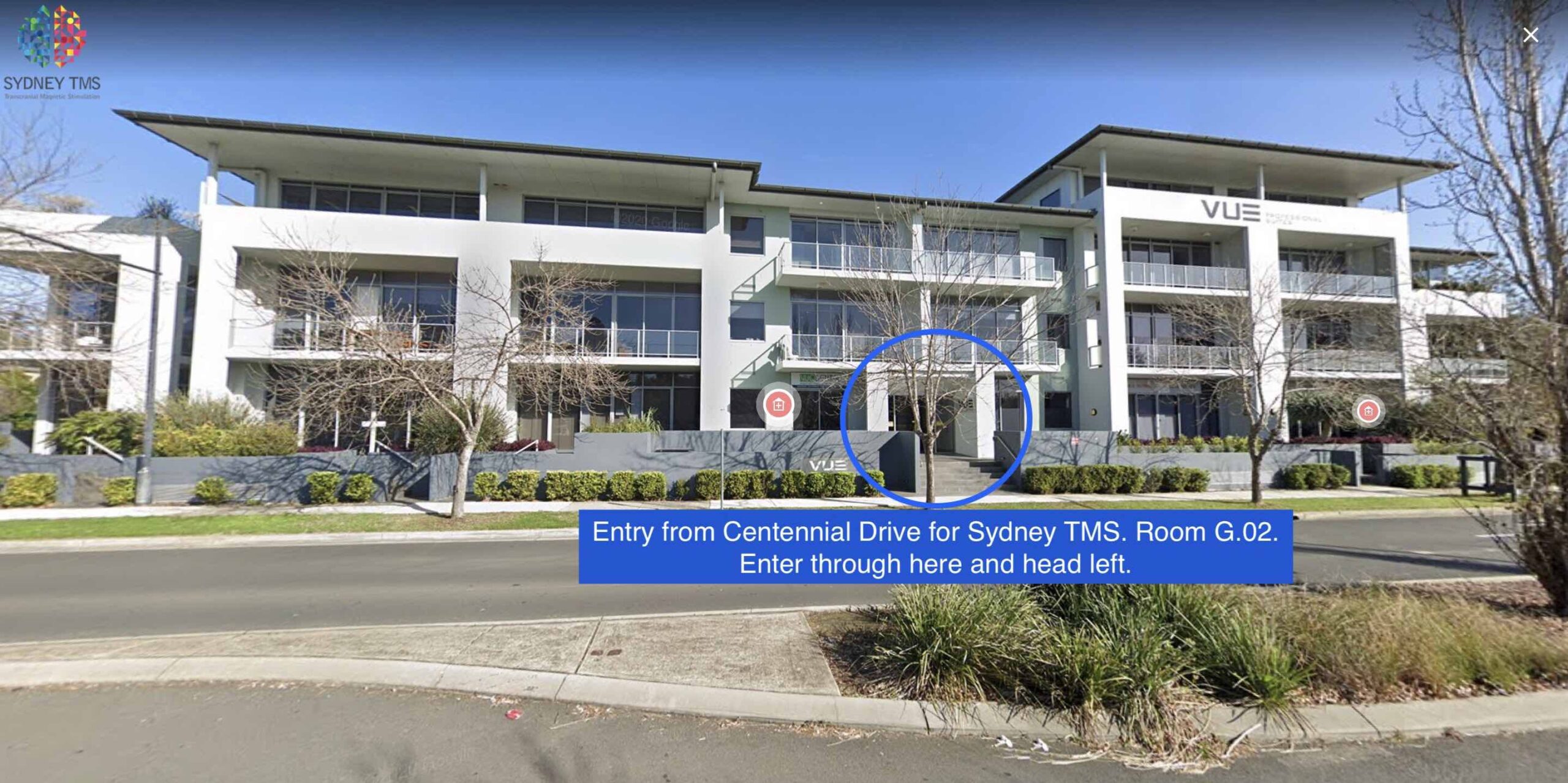Is Transcranial Magnetic Stimulation covered by health care funding?
The most commonly asked question we receive, is whether the cost of Transcranial Magnetic Stimulation (TMS) is covered by health care funding. To answer this, it is important to understand there are many different types of health care funding.
Medicare
Medicare funds medical treatment outside of hospital (outpatient care) such as seeing a GP or a psychiatrist. As TMS is an outpatient treatment, the obvious funder would be Medicare. The College of Psychiatrists in Australia (RANZCP) has submitted several requests to the federal government to a TMS item number to Medicare. The last such submission happened in 2018. A result to the latest submission is due in the second half of 2019. Medicare funding will be changing on 1 November 2021 as part of the governments commitment to mental health.
Defence forces funding
Past and present defence force personnel, such as army, navy and airforce have a separate funding pool to Medicare. If someone who’s medical care is covered by this fund and has been diagnosed with Depression then TMS can be covered. Usually this requires an assessment and application form being submitted.
Workcover
People who’s medical care is covered by workers compensation or workcover, who have been diagnosed with Depression, then TMS can be paid for by their insurer after an assessment and application is submitted.
Health insurance
Health insurance such as BUPA, HCF etc usually pay for medical care delivered in a hospital setting (inpatient care). So they do not generally cover TMS treatment. There are private hospitals in Australia that do use TMS for patients admitted to hospital. So in some situations health insurers may cover TMS delivered to hospital patients. Please check with your individual health provider as to whether they will be providing a benefit. Changes may come into place with the new legislation on 1 November 2021.
Other insurers
Third Party that might pay for medical care in accidents or Life insurance companies may also pay for TMS treatment. This would require an assessment and application submission.
What is Transcranial Magnetic Stimulation?
As the name implies, TMS uses magnetic therapy to target that part of the brain that controls mood. The magnetic pulses reignite neurones that may have become inactive over time. In Australia, TMS helps patients with depression or Obsessive-Compulsive Disorder. TMS is an approved treatment when depression symptoms are resistant to medication therapy. It is also a treatment used for patients with OCD (obsessive compulsive disorder)
Is TMS effective in the treatment of depression?
TMS has the support of hundreds of research studies showing its effectiveness in treating depression. For patients where previous treatments have not worked many people do not have a lot of choice. Electroconvulsive (ECT) therapy is often the next option provided when everything else has failed. TMS plays a vital role for clinicians and patients with depression, as it fills the gap between antidepressants and ECT.
How can patients receive funding for TMS therapy?
As discussed above, several groups who’s medical care is payed by government bodies should contact their case workers. Organisations like veterans affairs or workcover would be able to advise if funding is available for TMS treatment. Unusually the case manager will contact Sydney TMS and book an assessment to see if TMS is a suitable. After the assessment, our psychiatrist will provide the case manager with a report as to the suitability of TMS. Associated costs for the treatment are also provided. If the case manager approves TMS funding, then treatment can commence within a week or two after the assessment.
Why choose Sydney TMS for your treatment?
At Sydney TMS we believe that there are significant advantages for the patients receiving TMS in an outpatient clinic. The main one being that the patient can go on with their own routine whilst undergoing treatment. There is no need to be hospitalised to receive TMS as no sedation or anaesthetic is required. The patient can travel to and from treatment sessions and going about their day to day business. They can also bring along a family member or friend for each session. At the end of the day, the patient can return to enjoy the comforts of their own home. At Sydney TMS we have developed several treatment programs and payment plans to make TMS as accessible as possible. So we recommend making an obligation free appointment to assess if TMS is suitable for you. During this assessment, we can also discuss in length with you the fees, costs and payment plans available to you. We believe we are the most competitive TMS service in NSW, so make sure you come in to see us for an assessment and quote.
Please visit our website or follow us on Facebook as we will publish updates as they occur.



